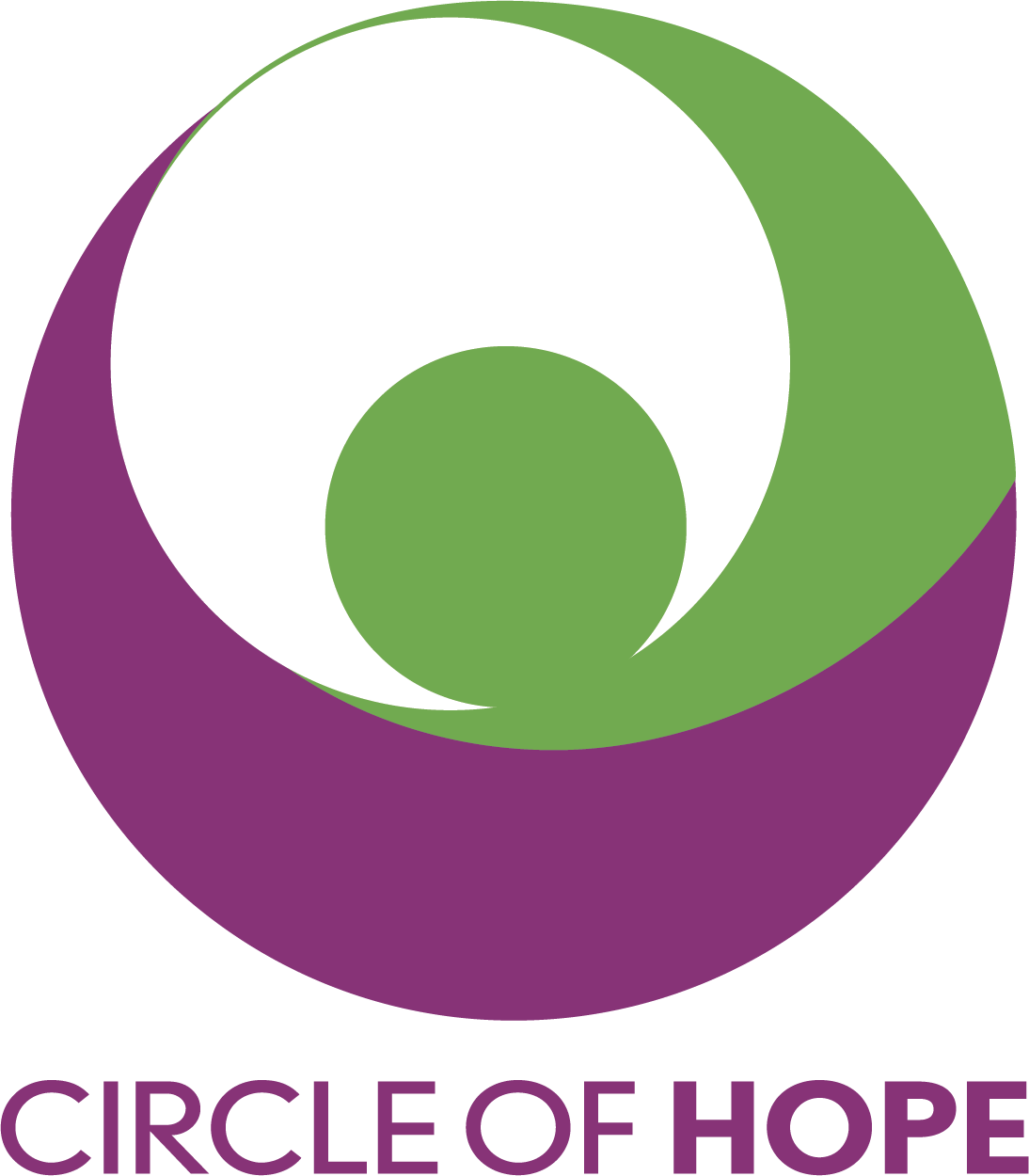As three Boston College seniors enrolled in the Leading for Social Impact capstone class, we were given a unique opportunity to partner with Circle of Hope and assist in sharing the incredible stories of service and compassion that define this organization. During this partnership, we met Rev. Richard Conway, a man whose decades of community service and pastoral outreach have touched lives from Lowell to Dorchester and beyond. Our goal: gain an intimate understanding of his life’s work and explore the role Circle of Hope plays in supporting his mission. What started as an interview, turned into an encounter with one man’s enduring faith in humanity, the resilience of marginalized communities, and the transformative power of simple acts of love.
From Lowell to Dorchester: A Life of Grounded Service
When we asked Rev. Conway what sparked his journey into community service, his answer was humble but telling. “It probably started when I was assigned to Lowell… The parish got together to help refugees from Cambodia and Vietnam. I began by asking my own family to go through their clothes and donate anything they weren’t using,” he recalled. That simple act of generosity blossomed into larger efforts—delivering mattresses, working with hotels, and even obtaining a tractor-trailer license to move donated goods. “It just kept growing,” he said with a shrug. His story isn’t one of grand plans but rather a continual response to need—a cycle of action driven by the people around him.
Understanding Struggles Through Intimacy and Proximity
Rev. Conway’s approach to homelessness is rooted in intimacy and proximity. He does not see homelessness as a statistic—rather he knows the names, faces, and stories behind each need. He spoke candidly about the challenges many of the people he serves face—single mothers, Haitian refugees, and immigrant families all struggling with poverty. He pointed out that a “two-bedroom apartment in Boston is about $2,700 a month. If you're a single mom making minimum wage, you’re bringing home about $2,400. That’s not enough. That’s why we need food pantries. That’s why we need Circle of Hope.”
His stories, though filled with hardship, offered a glimpse into people’s daily realities. He recalled the frustration of one particular woman who “got a frozen turkey for Thanksgiving but didn’t have any pans. She said, ‘I’ll share it with my friends, but we’ll have to find the pans somewhere in the building.’” Conway's response? He reached out to a vocational culinary school and asked if they would be willing to open their kitchen to prepare Thanksgiving meals for these families. “You just find a way,” he shared. “People pass your name around. They call you, and you do what you can.”
The Power of Small Things: Circle of Hope’s Impact
Though modest about his own role, Rev. Conway spoke with warmth about his long-standing relationship with Circle of Hope. “You all come and collect the donations, and I make sure they get where they need to go,” he shared.
But his efforts are far more than logistical. He is a bridge between people and the resources that can change their lives. One story that stuck with us was when a nurse working with new mothers mentioned to Rev. Conway that her clients were in desperate need of diapers. He placed a request in his parish bulletin, and quickly thereafter the donations came pouring in. “We filled a box. Then another. And another. People just responded.”
These material gifts do more than fill a gap—they restore dignity, provide relief, and affirm individuals’ self-worth. “The people receiving them—sometimes they’re embarrassed, but they’re grateful,” Conway added. They say, “Someone cares.”
Stories That Stick: Moments of Pain, Resilience, and Hope
During our conversation, we asked Rev. Conway about the most powerful moments from his work. Two stories stood out to him.
The first was of a boy under house arrest, caught in the cycle of gun violence and poverty. Conway had helped find a school that would take him and arranged transportation, but on the first day, the boy did not answer the door. Later, the family disappeared.
“I don’t know where the kid is now,” Conway said quietly. “He could be in jail. He could be doing okay. I just don’t know.”
And yet, amid these stories of loss, Rev. Conway shared moments of hope. There was King, a charismatic boy from Dorchester who dreamed of attending Boston College High. After Conway made a call, King got in, excelled in school, and eventually graduated from college. Today, King works at BlackRock and volunteers his time teaching middle schoolers about financial literacy.
“Everybody loved the kid,” Rev. Conway beamed. “And he never lost that smile.”
What Keeps Him Going: Faith, Community, and a Deep Well of Hope
For all the challenges Rev. Conway faces, his faith in the community remains steadfast. “There’s always someone who needs help. And somehow, the word gets around,” he said. His work with Circle of Hope is a testament to the power of community action and awareness. “When people hear about a need, they show up,” he explained. “You just have to tell the story.”
This story-driven approach is, in many ways, the crux of Rev. Conway’s mission. He does not just serve the immediate needs of individuals; he provides a bridge connecting them to larger networks of care—spiritual, emotional, and material. Through his work with Circle of Hope, Rev. Conway is not only delivering goods but also creating connections that bridge gaps between those who have and those who need.
A Call to Action for the Next Generation
Rev. Conway is quick to point out that the future lies in the hands of today’s youth. His work with students from Boston College High and young adults at Boston College is designed to expose them to the realities many Boston residents face. “Let them see it for themselves,” he said. “Let them meet the people. Let them hear the stories. That’s how change starts.” He encourages us all—especially the next generation—to be involved, not just through donations but through education, advocacy, and a consistent, compassionate presence.
Final Reflections: The Heart of Community
As we wrapped up our conversation with Rev. Conway, we took a moment to reflect on what we had learned. Layla was inspired by how faith and action were inseparable, seamlessly interwoven into Rev. Conway’s life especially. Her most significant takeaway was that Rev. Conway emphasized that to live a life of faith, we must take action toward helping those who need it. In order to be faithful, you must give hope to others.
Kateri noted the paradox of our time: Despite being more connected than ever through digital platforms, we remain emotionally and socially disconnected. As a marketing major, she was surprised to realize that the tools and resources at our fingertips—social media, digital networks, and vast data access—can either deepen these divides or be harnessed to foster connection and awareness.
In today’s technological age, the opportunity to bridge gaps is immense. We no longer have the excuse of distance or lack of information to prevent us from reaching out to marginalized communities. The idea of connecting resources, people, and stories to mobilize support felt more urgent than ever. Kateri left the interview feeling empowered by the potential for positive change and motivated to use her knowledge of communication to amplify these voices and reach wider audiences in meaningful ways.
And Emma was struck by how much good could be done through listening, consistency, love, and empathy for all circumstances.
What unified our reflections was the realization that Rev. Conway’s work is driven by a deep well of hope, a hope rooted in community and relationships and the belief that change, though often slow and difficult, is always possible. “We don’t need to be perfect to belong,” he said as we wrapped up the interview. We just need to show up.” These words echoed in our minds long after the conversation ended.
Rev. Conway’s message is clear: the act of showing up, of being present for others, is powerful in its simplicity. It is not about having all the answers or solving every problem; it is about the willingness to engage, listen, and offer a compassionate hand when it is needed most.
The true heart of a community lies not in grand gestures or monumental efforts but in the collective, consistent acts of love and service that weave people together. These small acts—whether providing a meal, offering a ride, or simply being there to listen—create the fabric of connection that binds us. At the center of that fabric is the belief that we are all worthy of love, dignity, and care, regardless of our circumstances.
In that spirit, we hope this blog shows up for you, reminding you that small acts of kindness, like those offered through Circle of Hope, are anything but small.
They are the threads that hold communities together.
They are how love finds a way.



